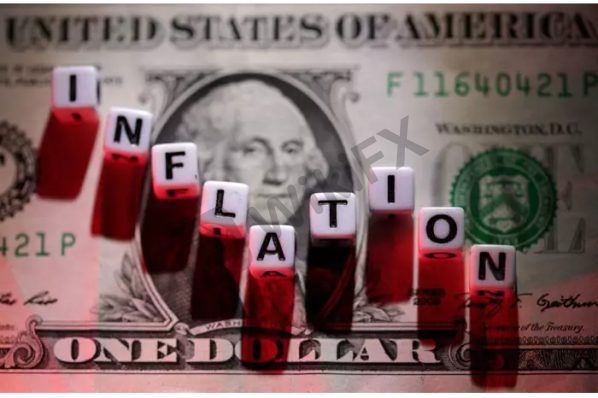
As global central banks raise interest rates aggressively to check inflation, markets are increasingly taking the view that a recession is around the corner.
A widely watched segment of the U.S. Treasury yield curve is pushing deeper into inversion territory — a move that is said to flag economic recession — while analysts‘ expectations that corporate earnings will be higher in a year’s time has tumbled to the lowest since late 2015.
Markets are also being hit by the pervasive unease about the economic outlook, with U.S. monthly inflation figures seen at a new 40-year high near 9% in June and China still struggling with COVID outbreaks.
European and U.S. stock futures are down half a percent, after a weak Asian session, while the euro still teeters on the brink of hitting parity versus the dollar for the first time in two decades. In line with the jittery backdrop, government bond prices are extending gains, while commodities, including iron ore and oil are under pressure.
And the policy boom box shows no sign of letting up on hawkish signals. Atlanta Fed president Raphael Bostic said the lack of month-to-month improvement in the pace of price increases warrants another 0.75 percentage-point increase in interest rates this month.
Key developments that should provide more direction to markets
on Tuesday:
Data corner: Germany ZEW survey, U.S. small business optimism data
Speaker‘s corner: ECB’s Villeroy, Fed‘s Barkin, BoE’s Bailey
Japans yen-based import prices surge at record pace
UK retailers see biggest squeeze since pandemic
Australia consumer sentiment slides further in July
French nationalisation of EDF set to cost more than 8 bln euros
Renault first-half sales volume slumps 30% after Russia exit

Leave a Reply